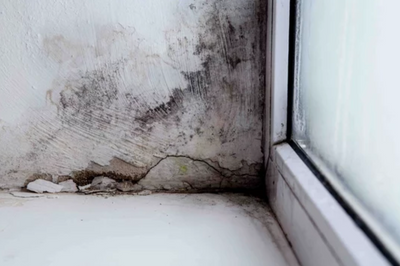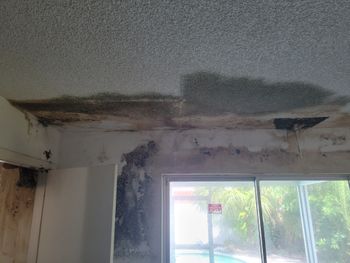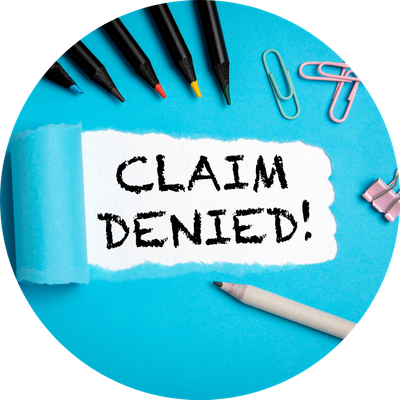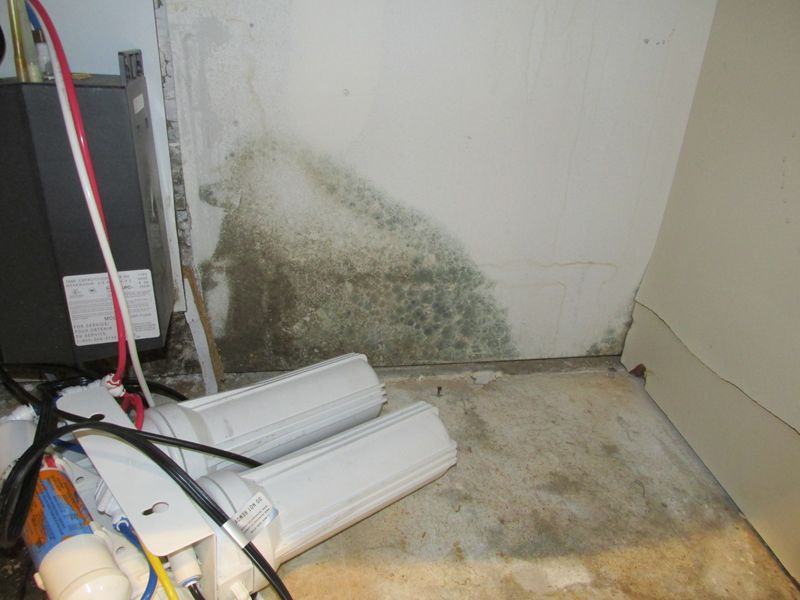Mold, Mildew, Fungi, Bacteria, and Microbial Growth

Florida’s climate is a double-edged sword. While its warmth and humidity create a paradise for residents, they also make properties especially vulnerable to mold, mildew, fungi, bacteria, and other microbes. These unwelcome intruders can spread quickly, causing serious damage to your home and posing significant health risks.
Unfortunately, when homeowners file claims for mold-related damages, they often find themselves at odds with their insurance companies. Policies frequently contain strict limits on mold coverage, and claims may be denied or underpaid. That’s where Florida State Public Adjusters, Inc. comes in. Our expertise in navigating mold-related insurance claims ensures you’ll receive the settlement you deserve.
The Silent Invaders: Common Causes of Mold and Mildew
Mold and mildew thrive in warm, damp environments — conditions Florida homeowners are all too familiar with. While mold may not always be visible, its presence is often a sign of underlying water damage. Here are the most common culprits:
Water Leaks
From leaking roofs and burst pipes to faulty appliances, water leaks are one of the primary triggers for mold growth. Even a slow, unnoticed drip can create the moisture mold needs to thrive.
Flooding
Flooding, whether from storms or plumbing failures, introduces large volumes of water into your home. Once the water recedes, the residual moisture left behind provides the perfect breeding ground for mold and bacteria.
High Humidity Levels
In Florida, humidity can seep into walls, ceilings, and flooring, even without obvious water damage. Poor ventilation in areas like bathrooms, kitchens, and attics exacerbates the problem, encouraging microbial growth.
HVAC Issues
Damaged (or poorly maintained) HVAC systems can harbor mold spores, which are then distributed throughout your home. Condensation from cooling systems also adds to the moisture problem.
The True Cost of Mold Damage
Mold damage isn’t just unsightly — it can wreak havoc on your property and health.

- Structural Integrity: Mold can break down wood, drywall, and insulation, compromising your home’s structure over time.
- Electrical Hazards: Microbial growth near electrical outlets or wiring can create dangerous situations, including the risk of fires or short circuits.
- Health Risks: Exposure to mold can lead to respiratory issues, allergic reactions, and other health problems, particularly for children, the elderly, and those with weakened immune systems.
- Decreased Property Value: Homes with a history of mold damage often see a drop in market value, even after remediation.
Protecting Your Home Against Future Mold Damage
While our team specializes in securing fair settlements for mold claims, prevention is always the best course of action. Consider these steps to reduce your home’s vulnerability:
Fix Leaks Immediately
Don't wait to address plumbing issues or roof damage. The longer water sits, the higher the risk of mold growth.
Control Humidity
Use dehumidifiers and ensure proper ventilation, especially in bathrooms, kitchens, and laundry rooms.
Maintain Your HVAC System
Regularly clean and service your system to prevent mold, mildew, fungi, or bacteria from taking hold.
Inspect Your Home Regularly
Pay attention to hidden areas like crawl spaces and attics, where mold can develop unnoticed.
Insurance Policies and Mold Coverage: The Fine Print
Many homeowners assume their insurance will cover mold damage, only to discover strict limitations (or outright exclusions) buried in their policy. Understanding these coverage limits is essential to navigating your claim effectively.

Coverage Limits on Mold
Many standard homeowner’s insurance policies include caps on mold damage coverage. These limits, often in the range of $5,000 to $10,000, may not come close to covering the full cost of remediation and repairs.
Exclusions and Denials
- Water Damage Exclusions: Mold resulting from long-term leaks or homeowner neglect is often excluded from coverage.
- Secondary Damage Claims: Insurers may argue that mold is a secondary issue stemming from an uncovered peril, such as wear and tear or poor maintenance.
- Policy Riders: Some policies require separate endorsements for mold coverage, leaving homeowners unaware they lack protection.
The Claims Process: Why Mold Claims Are Challenging
Filing a mold claim can feel like navigating a minefield. Insurance companies often deploy tactics to minimize payouts, such as:
Claiming Pre-Existing Conditions
Insurers may argue the mold was present before the covered event.
Insufficient Evidence
Without proper documentation, your claim could be denied for lack of proof.
Lowball Offers
Even when a claim is approved, insurers might offer settlements that barely cover the cost of repairs.
We understand these challenges and know how to counter them effectively.
How We Can Help
When it comes to mold and mildew claims, having a public adjuster in your corner can make all the difference.
Here’s how we advocate for you:

1. Thorough Damage Assessment
Our team conducts a comprehensive inspection to identify the full extent of mold-related damage. We work with experts to document not only visible mold but also hidden damage that insurers may overlook.
2. Policy Analysis
We carefully review your insurance policy to determine your coverage limits and identify any clauses insurers might exploit to deny or reduce your claim.
3. Professional Documentation
From moisture readings and mold samples to detailed repair estimates, we compile the evidence needed to present a compelling claim.
4. Negotiation Expertise
Insurance companies have skilled adjusters working to protect their bottom line. We level the playing field by negotiating aggressively on your behalf, fighting for you to receive the maximum settlement possible.
5. Support Every Step of the Way
From filing the claim to resolving disputes, we’re with you at every stage of the process, reducing your stress and allowing you to focus on restoring your home.
Why Choose Us?

Navigating a mold claim is no easy task. But you don’t have to go it alone.
Here’s what sets us apart:
- Licensed Professionals: Our team is fully licensed and bonded in Florida and Colorado, giving us the knowledge and advanced training to represent you with confidence.
- Experience You Can Trust: Our team has handled countless mold-related claims, securing substantial settlements for homeowners across Florida and Colorado.
- Personalized Attention: Every claim is unique, and we tailor our approach to meet your specific needs.
- Proven Results: From initial assessment to final settlement, we’re committed to achieving the best possible outcome for our clients.
We will always offer the following:
- Free, no-obligation consultations
- Experienced, licensed public adjusters
- Thorough, accurate damage assessments
- Aggressive negotiation with insurers
- Complete claim management, from start to finish
Mold damage can feel overwhelming, but you don’t have to face it alone. With Florida State Public Adjusters, Inc., you have a dedicated partner ready to fight for your rights and maximize your insurance settlement. Contact Florida State Public Adjusters, Inc. today for a free consultation.
Call (888) 518-5678 or email admin@floridastatepa.com to get started!